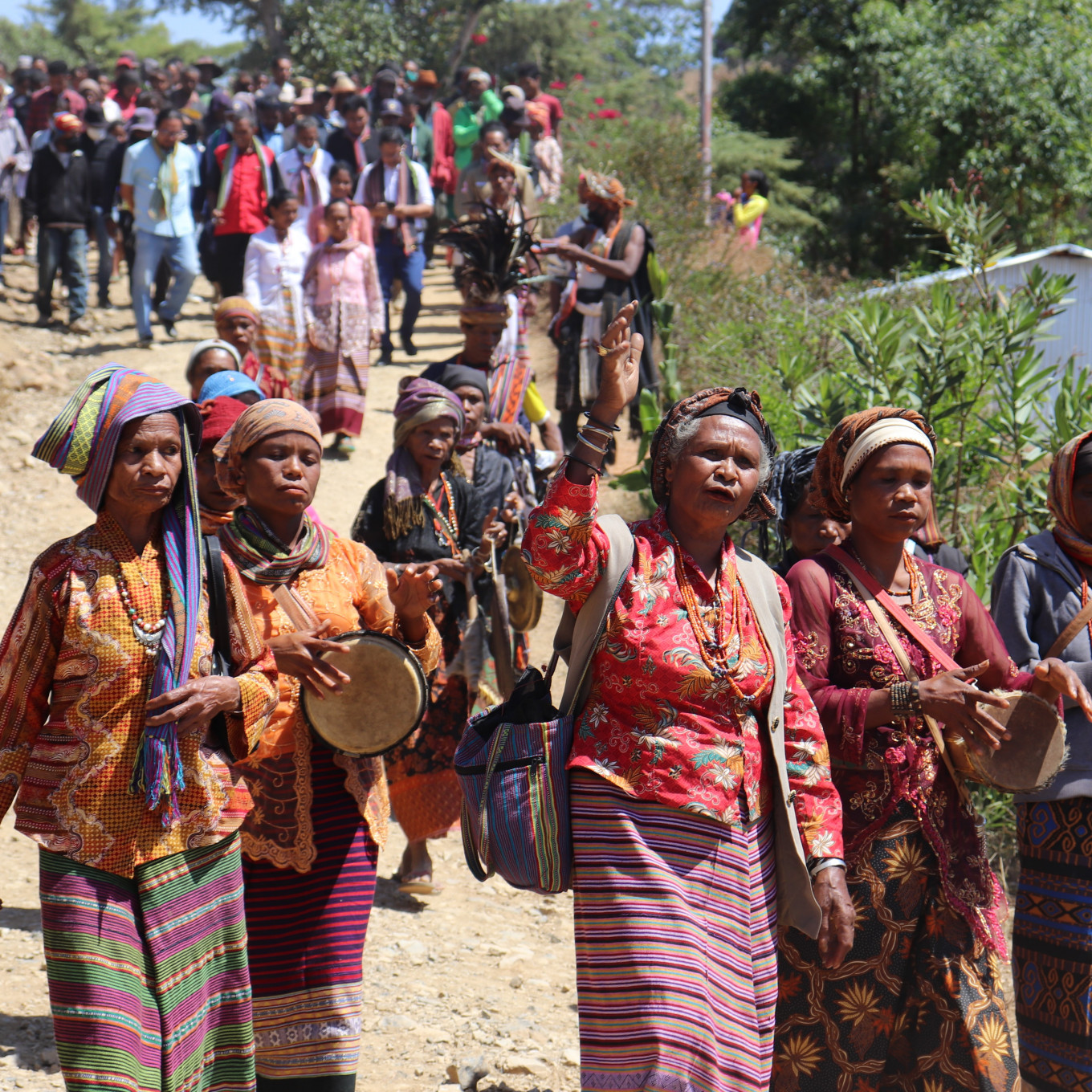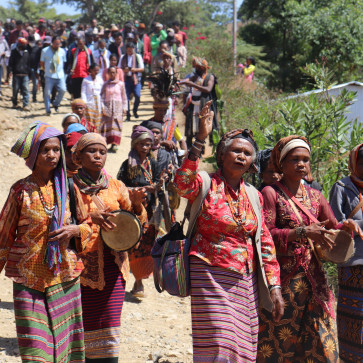Popular Reads
Top Results
Can't find what you're looking for?
View all search resultsPopular Reads
Top Results
Can't find what you're looking for?
View all search resultsIndonesia-Timor-Leste relations: Good neighbors and unfinished business
Twenty years after the referendum that led to the establishment of Timor-Leste, the survivors of sexual violence and child separation continue to suffer from the effects of past atrocities and pervasive culture of victim blaming.
Change text size
Gift Premium Articles
to Anyone
“Good fences make good neighbors,” writes Robert Frost in his renowned poem “Mending Wall”. Twenty years since the restoration of its independence in 2002, Timor-Leste and its close neighbor Indonesia have made considerable progress in mending their checkered past. There is a genuine feeling of generosity between the two nations, cemented by their common history and geographical proximity.
The celebration of Timor-Leste’s restored independence on May 20 is an opportunity for the two countries to deepen their relationship as close neighbors, by seeking ways to reduce the pain and anger that still exists in connection with their shared history.
Two official truth commissions have been established to take a deep, objective look into historical human rights violations. The Commission for Reception, Truth and Reconciliation in East Timor (CAVR) was established by the United Nations in Timor-Leste and continued under the new government after independence, while the other, the Commission for Truth and Friendship (CTF), consisted of Indonesian and Timorese commissioners and staff.
The two commissions made many similar findings in relation to what had taken place. They have each produced a carefully researched body of evidence about mass human rights violations, their root causes and what should be done to promote healing and prevent recurrence. The fact that these findings have not been widely shared and their recommendations have generally not been implemented reflects a major loss of opportunity in healing the wounds of the past and creating a stronger base for a future based on peace, justice and respect.
In 2005, the CAVR documented the pervasive and egregious gender-based violence targeting East Timorese women and girls throughout the 24-year conflict. In its final report, titled Chega! (Enough!), the commission noted that sexual violence in particular left devastating and lasting effects on the lives of individual women and girls, as well as their families and communities.
More than 25 percent of cases of rape reported by the victims to the CAVR occurred in the 1999 campaign of violence and was reportedly committed by members of the Indonesian security forces and pro-Indonesia militia, a large number of these in rural communities.
Three years later, the CTF echoed the CAVR’s recommendations to ensure acknowledgement and healing for survivors, including survivors of sexual violence and children who had been separated during the conflict.



















